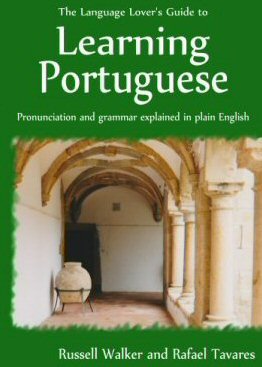Forming basic questions is easy enough. Just phrase what you want to say in the same way as you would a statement, but make it obvious that it is a question by the inflection in your voice (or by a question mark if writing). For example…
|
Você trabalha aqui? |
Do you work here? |
|
Não comemos agora? |
Don’t we eat now? |
Easy eh? You also need to be aware of other ways of asking questions in Portuguese. Merely turning a statement into a question, whilst useful, does not provide a mechanism for every type of question that you might want to ask. For example ‘why do you walk home?’; ‘what are you eating?’ – these types of question make use of interrogative pronouns and adverbs: why; what; where; when; which; who; how. Here are their equivalents in Portuguese:
|
porquê? |
why? (lit. ‘for what?’ If used as part of a longer question [eg. ‘por que estamos à espera?’], it is 2 separate words with no circumflex on the ‘e’) |
|
que...? |
what...? (if used on its own, a circumflex is added to the ‘e’) |
|
o que (é)? |
what (is it)? |
|
onde? |
where? |
|
quando? |
when? |
|
quanto/quanta? |
how much? |
|
qual? |
which/what? (singular) |
|
quais? |
which/what? (plural) |
|
quem? |
who? |
|
como? |
how? |
|
quão…? |
how…? (only used as an adverb – eg. ‘how tall are you?’ or, ‘how tall you are!’) |
One more that you need to know is ‘será que…’, which can be used to start a question requiring a yes or no answer. Literally, this means ‘it will be that…’, but a better translation might be ‘is it true that…?’. It can also be translated as ‘I wonder if…?’. We don’t really have a direct equivalent in English, but virtually any question that has a yes or no answer could probably be phrased using ‘será que…’. For example:
|
Será que eles vão a pé para casa? |
Do they walk home? (is it so that they walk home?) |
|
Será que comemos agora? |
I wonder if we eat now? |
That's the end of the grammar section - time to widen our Portuguese vocabulary.

